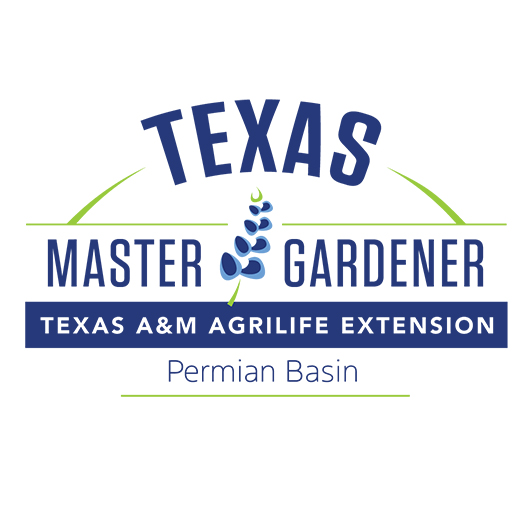By Debbie Roland
Master Gardener
As a gardener I haven’t experienced squirrels in my yard. My dogs seem to keep them at bay. But I was recently reading through Texas A&M AgriLife publications and found a great article about how large a problem squirrels are for Texas gardeners. I also have fellow Master Gardeners and friends who don’t speak kindly about the squirrels in their yards and gardens since the squirrels feast on their hard-earned harvests of pecans, berries, fruits, vegetables and even the bird seed out of their feeders.
If you hear running and gnawing from your attic during the day it is probably squirrels. If you hear all that plus squealing at night it is probably rats. Squirrels can cause damage to your insulation and eat through your wiring. All of which can be expensive to replace. Here are suggestions that might help with this problem.
They gain entrance to structures via the roof especially if there are limbs hanging over your house. The obvious solution is to trim the limbs. They gain access through unscreened vents or just gnaw their way in. You can install a one-way door and once the squirrels have left the openings are sealed.

But what if they are in your garden and yard? Squirrels are among the best scavengers in your yard. The first thing to do is keep your garden tidy. They love an open trash can or unsealed compost. Next, consider getting a dog. Dogs have tons of energy that they can burn off by chasing squirrels from tree to tree or, hopefully, out of your yard.
Try coffee grounds. The power of coffee is not limited to waking you up in the morning. When added around plants and inside your potted plants it can help keep the squirrels out. It is believed that they strongly dislike the scent and the taste of the grounds. They contain nitrogen, potassium and phosphorus so grounds benefit the plants as well. It seems that they don’t like the smell of garlic cloves, orange peel or lemons so those can be added as well.
Try chicken wire or netting to create a physical barrier around your garden. This is probably not feasible for your entire yard but for a small space it may work. You can use t-posts or 4x4s to hold the netting which can be purchased from a garden supply or local hardware store. You will need to net the top as well so your posts need to be tall enough to allow you to stand up.
Oddly, aluminum foil can also be a deterrent. The shiny glare along with the sound of stepping on the foil can scare them away. Be sure to poke holes in the foil for water.
Motion activated sprinklers can be used as well. They need to be situated where the spray can reach whatever plants you are trying protect. Once your sprinkler is set up, test it by throwing a ball into the area you want to protect. It may take more than one sprinkler.
AgriLife has a great article on squirrels as well: https://agrilifelearn.tamu.edu/s/product/controlling-tree-squirrels-in-urban-areas/01t4x000004OfvPAAS.
Give some of these suggestions a try. Hope they work for you!
If you have questions, call the AgriLife office in Odessa at 498-4071 or in Midland at 686-4700. Additional information, and our blog for access to past articles, is available at westtexasgardening.org. Click on “Resources.”




